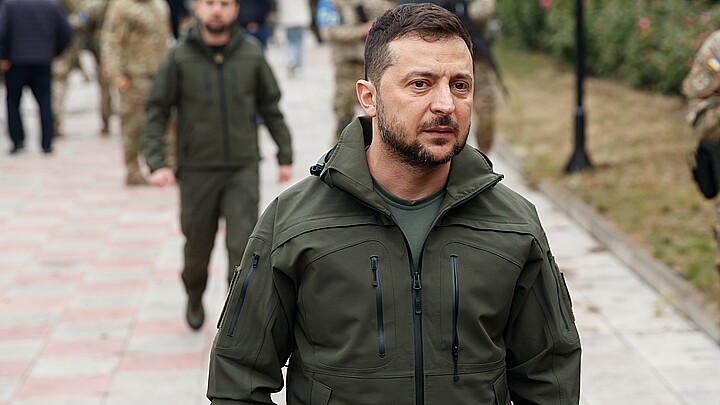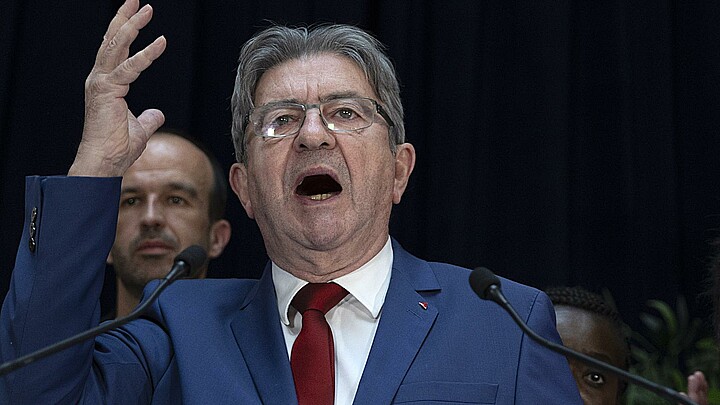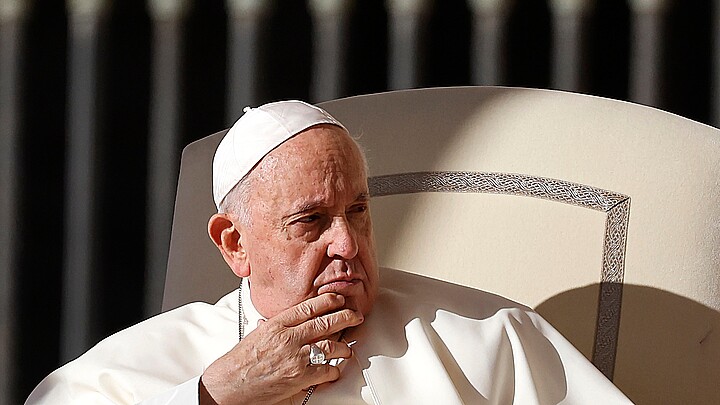Politics
Hungary breaks ranks with the West, agrees to pay for Russian gas in rubles
According to Hungarian Foreign Minister Peter Szijjarto, EU authorities have “no role” to play in his country's economic dealings with Moscow
April 6, 2022 3:33pm
Updated: April 6, 2022 9:16pm
As Western sanctions continue to cripple the Russian economy, the Kremlin announced last week that all of Russia’s energy and commodity experts could soon be priced in rubles – further intensifying Moscow’s warning that Western attempts to isolate the world’s 11th largest economy will be met as an economic act of war.
But as the European Union fights to maintain a united front against Moscow’s demands, Hungarian Prime Minister Viktor Orban told reporters on Wednesday that his government was prepared to pay for Russian gas in rubles if asked to by Russia – echoing Foreign Minister Peter Szijjarto declaration that EU authorities had “no role” to play in its economic dealings with Hungary’s long-time political ally, RFE reported.
Since Russia launched its illegal invasion of Ukraine on Sept. 24, Hungary has been one of the EU’s loudest critics of Western energy sanctions against Russia. Orban – whose government has maintained close ties to the Kremlin for over a decade – won a fourth consecutive term in Hungarian elections on Sunday and promised to secure Russian gas for Hungarian households.
Hungary, which is heavily reliant on Russian gas and oil imports, signed a new long-term gas supply deal last year under which Gazprom is expected to ship 4.5 billion cubic meters of gas annually.
Europe imports approximately 40% of its gas from Russia and euros currently account for 58% of state-owned Gazprom’s exports – with U.S. dollars accounting for 39% and sterling standing at about 3%, company officials stated.
European leaders have said, however, that Russia’s demands could potentially breach their contractual agreement and have called for a united front against Moscow – urging member nations whose contracts require payments in euros or dollars to hold the line.
Ukraine's Foreign Minister Dmytro Kuleba has since insisted that an embargo on Russian gas and oil is needed, but the European Union has so far stopped short, instead preparing to propose a ban on Russian coal imports.










